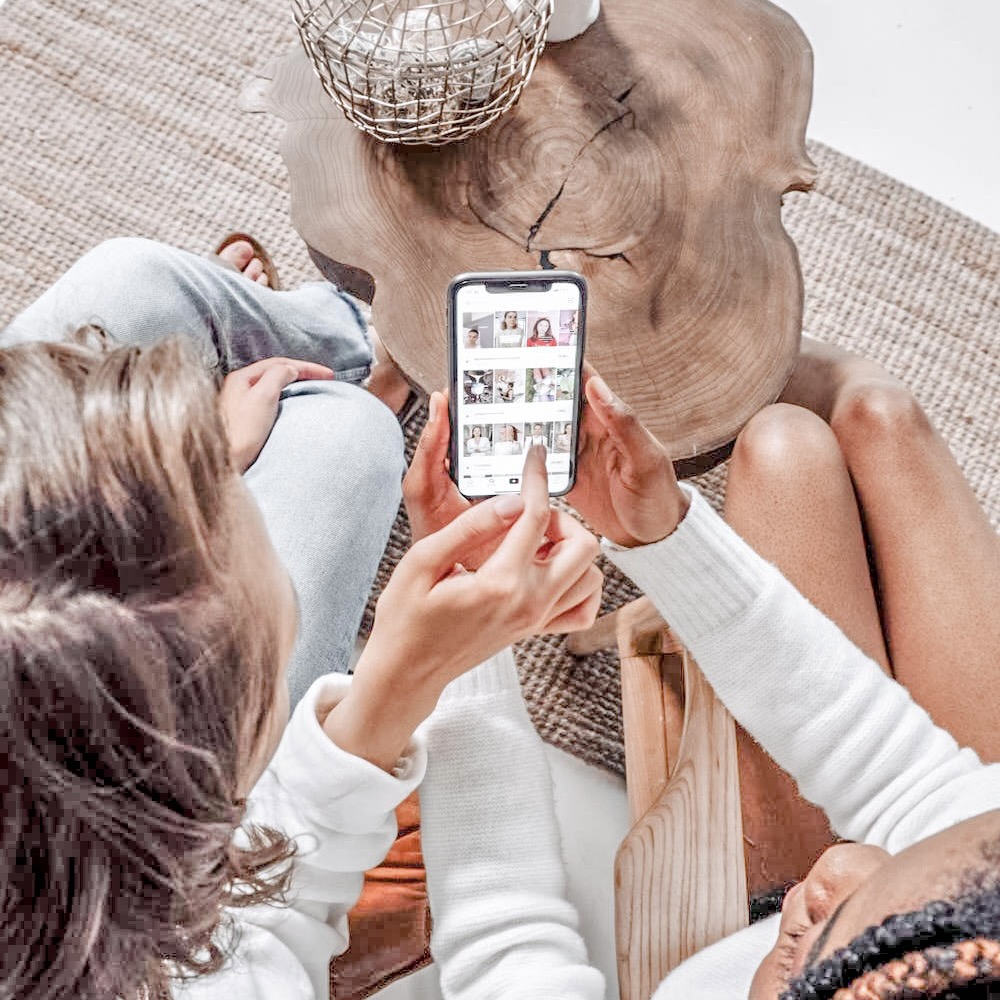This past week, I read a chapter of Cal Newport’s Digital Minimalism. I enjoyed this reading because it corresponded a bit with both of my majors.
If you are not paying for the product, the you are the product
The Social Network
The chapter starts by explaining the way that the attention economy has developed. This concept is when users’ habits and engagement are sold to various advertisers. Although this is a practice normally attributed to social media it started back in 1830. The creator of the New York Sun, Benjamin Day, realized that his readers could be the product rather than the customers. He could sell newspaper subscriptions for cheap to increase his viewership. The large audience is very appealing to advertisers, thereby he could make more money by selling the reader’s attention. This is still done today through native advertising.
Attention economy has only become more popular since the idea’s inception. Television, radio, magazines, tabloids, and more have used it to make money. The most recent medium to take over was social media. Over time platforms like Facebook and Instagram (which are free to use) started making all their money through advertisements. Facebook has a market cap of over $500 billion. These online platforms became so successful due to the emergence of the smartphone and manipulative tactics. The smartphone allows people to have 24/7 access to their applications. You don’t even need to be near WIFI to scroll through your feed. Plus, the applications have purposely tried to distract users into staying longer.
I am in advertising; therefore, this is not the first article that I have read about this topic. I was interested to learn that the New York Sun was the first medium to employ this method. Since I understand how important analytics are, I have mixed feelings about these measures. I would be remiss to proclaim I want them to end as my job would be infinitely harder with their elimination. At the same time, I believe these practices need to be more ethical. If people are well educated about the way their information is being sold, then I have less of an issue with these practices (and I don’t mean in the terms and conditions). If people understand the risks and the privacy concerns but still enjoy their time on the apps, I think that is fine. Especially since I’ve found products and books from online ads that I have enjoyed. I don’t always like being micro-targeted, but I also appreciate it when social media helps me out.
Newport then spends the chapter giving the readers tactics to live a more digitally minimalistic life. His tips include:
- Deleting social media from your smartphone
- Turning computers into single-purpose devices (eliminating the allure of multi-tasking)
- Be more purposeful in the way you use social media
- Embrace slow media
- Trade in your smartphone for a simpler phone
Through all these methods, I had mixed feelings. I like the idea of deleting social media from my smartphone, best. I did remove Facebook from my phone this past summer. I’m not quite to the point where I want to delete my other entertainment social platforms. Instead, I almost compromise with Newport through the time limit feature. On the iPhone, users can add time caps for the amount of time they can spend on an app. I can only use Tik Tok for 25 minutes, which has helped me not get sucked into the app. I still like looking through my timeline and staying updated, however it has helped with my self-control.
The only method that I could not even imagine myself doing was to trade in my smartphone for a simpler version. In middle school, I had a flip phone for 2 years. I hated having it. I couldn’t capture moments with my camera or text easily. I would choose to not communicate with people rather than using it. Therefore, I know that flip phones are not my thing. It would also eliminate the positive aspects of my phone. I use the kindle app and can read about 4 books a week (when I’m not overrun by homework). I also listen to music and get directions when driving. There are too many tools that I use on my smartphone. Newport does mention that this method is the most drastic. Although I commend anyone for this endeavor, I don’t see myself ever joining them. I think what is most important is to do self-reflection and figure out what is most important to you. Try small ways of changing how you interact with social media. Through experimentation, I’ve found things that worked and others that I stopped trying in just a few days.
It’s all about what is best for you.


